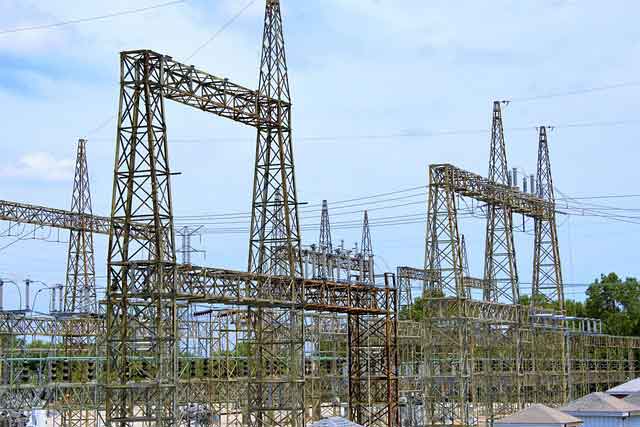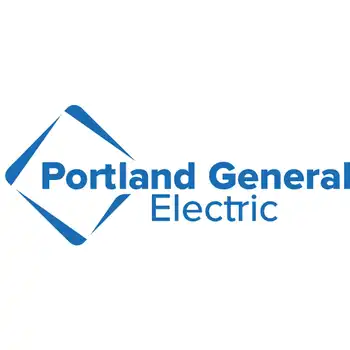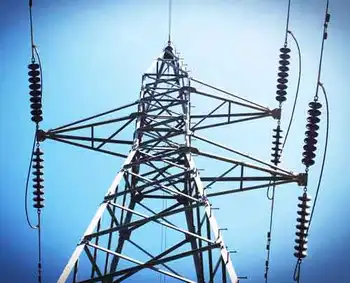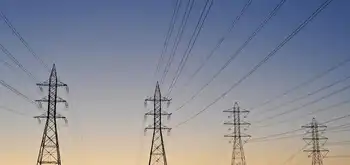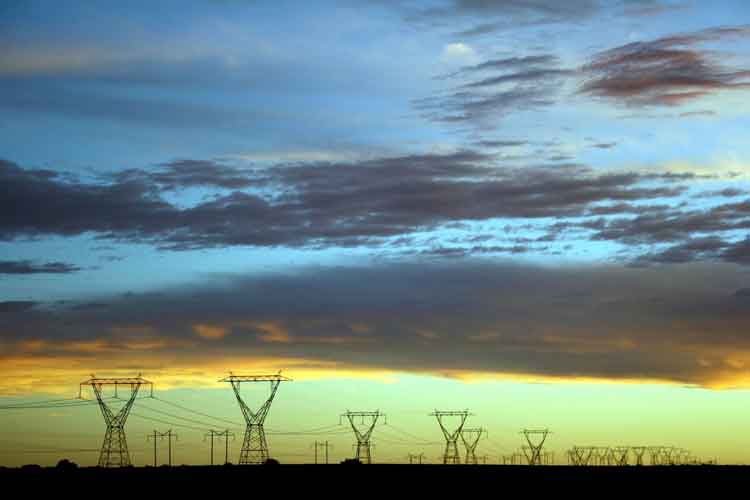Time for an east-west power corridor
By Montreal Gazette
Substation Relay Protection Training
Our customized live online or in‑person group training can be delivered to your staff at your location.

- Live Online
- 12 hours Instructor-led
- Group Training Available
This is a whole new game of Canadian federalism. And it's all about electricity. Quebec, Newfoundland and Manitoba have undeveloped hydroelectric capacity. And Ontario needs it.
A trans-Canadian power corridor could be as visionary and vital in this century as the trans-Canada highway and communications corridors proved to be in the last one.
What Charest has signalled, in a wide-ranging interview with Policy Options magazine, is a definite departure from Quebec's traditional hydro politics and policies, dating from the Bourassa years, of exporting surplus capacity primarily to the northeastern United States. Bourassa's famous "project of the century," at James Bay, was financed and built with U.S. markets very much in mind.
But Charest has launched Hydro-Québec along an expansion path that will add thousands of additional megawatts to its 36,000 MW network, the largest electrical utility in North America (if only prices were allowed to rise to market values, Quebec would be rich. I digress.)
What's new and different is that Quebec is now building additional infrastructure to Ontario, rather than the U.S. Northeast. For openers, Quebec is completing a new 1,200-MW interconnection to Ontario.
And that could be just the beginning of an east-west power corridor.
There's no doubt of Ontario's needs. Its hydro sources are essentially fully developed. Its nuclear capacity has been partly off-line for some time. And its coal-fired thermal power, which Premier Dalton McGuinty once promised to decommission by 2007, will remain in service for the foreseeable future. Ontario remains extremely vulnerable to brownouts, and desperately in need of new and reliable electricity sources to power Canada's industrial heartland (we're talking about 40 per cent of the Canadian economy here).
Ontario's neighbouring states, notably New York, Ohio and Michigan, are looking at many of the same challenges of capacity and sustainable development. Quebec, Manitoba and Newfoundland, on the other hand, are blessed with an abundance of hydroelectric resources - renewable, reliable and green.
Newfoundland and Labrador, for example, have about 3,000 MW of undeveloped capacity in the Lower Churchill, which could easily be linked to the 5,000-MW connection between the Upper Churchill Falls power station and the Hydro-Québec transmission network.
This is a dream, unrealized for decades, because of uncertain demand and a legacy of bitterness in Newfoundland over the bad deal it made in selling Upper Churchill power to Quebec at 1969 prices that are locked in until 2041. You can imagine the profit margins Hydro-Québec makes on that, and reminding Newfoundland that "a contract is a contract," as successive Quebec governments have done, only rubs salt into an old wound.
Newfoundland is actively seeking to develop the Lower Churchill, but its own needs, even including an aluminum smelter at Voisey's Bay, are far short of the undeveloped capacity. Newfoundland is even looking at undersea transmission to Cape Breton, and thence to New England, as one export option.
But selling to Ontario, through Quebec, has always made the most sense. Yet it has always been a problem of creating the right mood between the leading political actors - the premiers of the respective two provinces, who can set an appropriate tone for their utilities.
In the magazine interview, Charest was extremely respectful, saying "I would have liked to have been able to work with Newfoundland and Labrador, but they decided - and that's their right to do that - to go into a process of trying to determine which would be the best way to develop it, and we're fine with that."
He was careful to add: "The relationship with Newfoundland and Labrador has been very good."
In truth, any relationship with Danny Williams is going to be a work in progress. All Newfoundland premiers have sensibilities, and his are more highly developed than the historical average.
But here's the thing: It's all about relationships and opportunities. Charest is very good at relationships. His strongest ally at the premiers' table is Gary Doer of Manitoba, who has electrical power. He has been building a strong relationship with McGuinty, who needs power. He's very sensitive to Williams, who has power but needs a corridor to sell it.
As for opportunities, there's a major one this week on the margins of the meeting of the Council of the Federation, hosted by Charest in Quebec City.
Guys, maybe it's time you talked.





